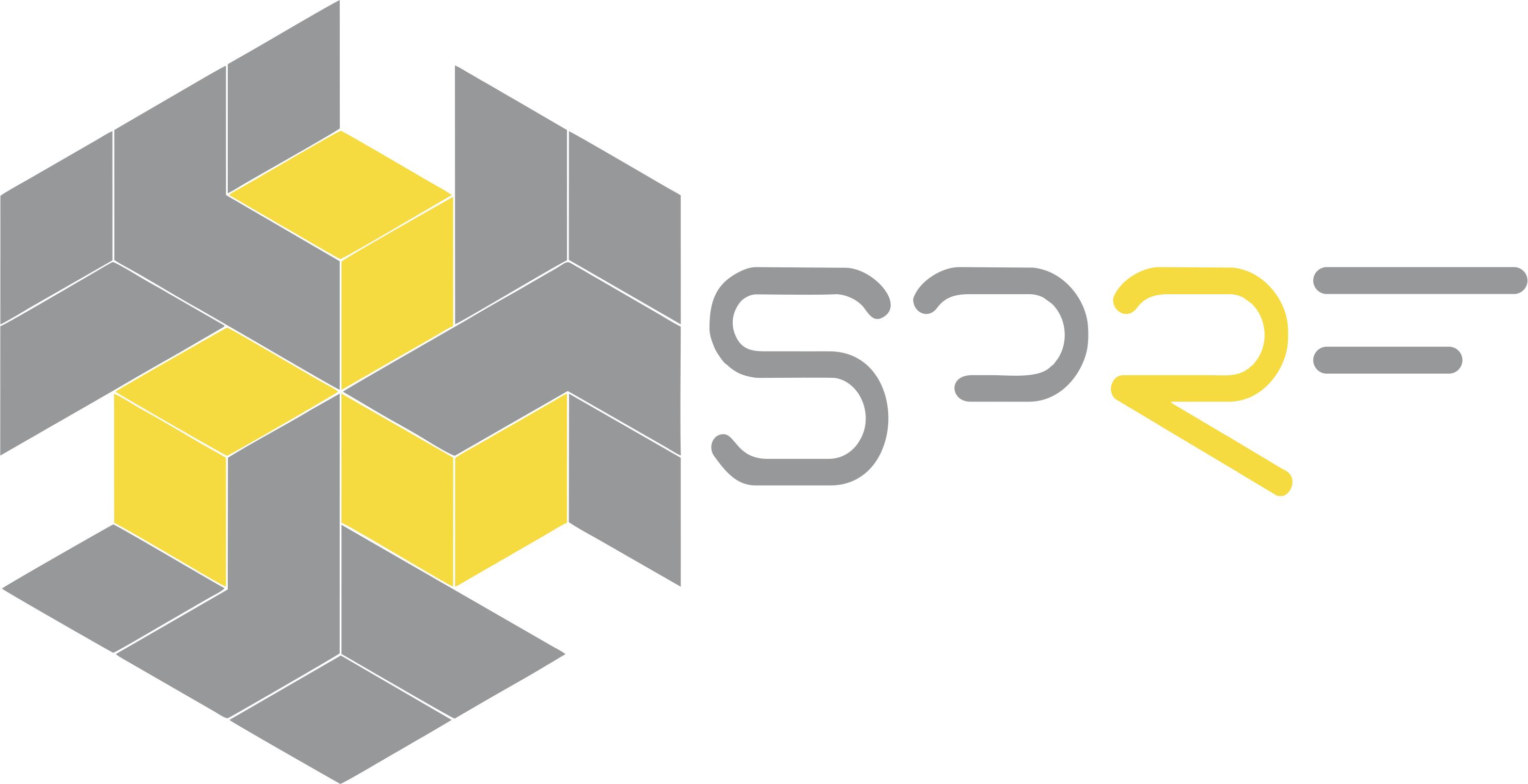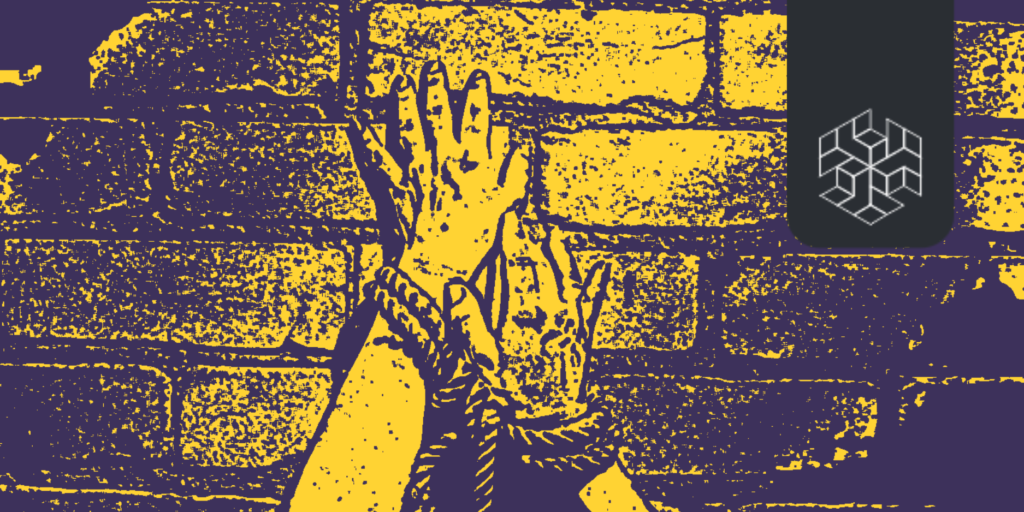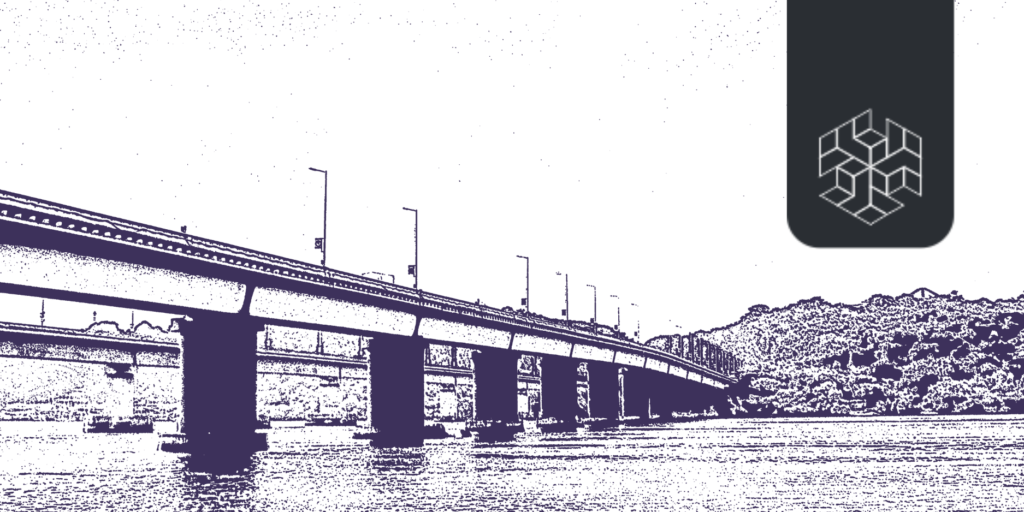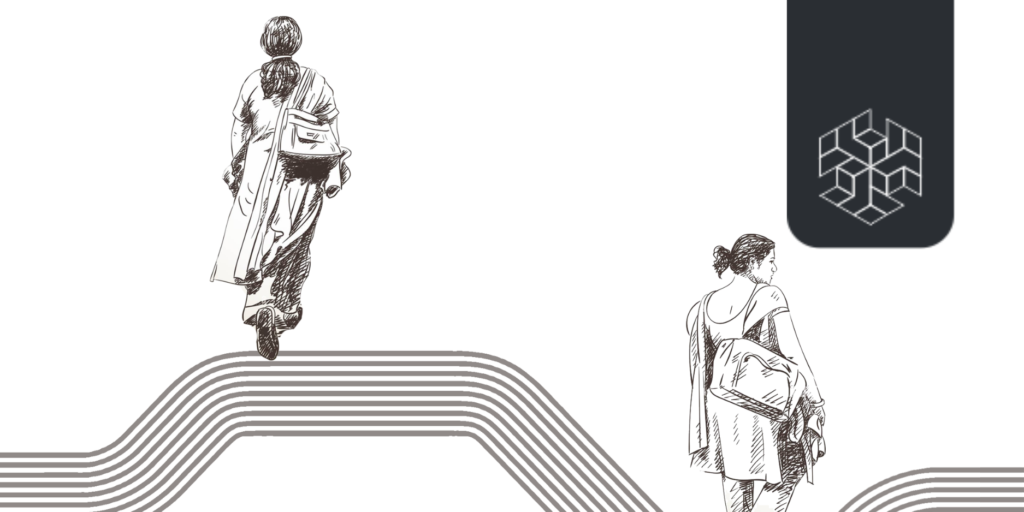Author: Yashoroop Dey
Editor: Ritwiz Sarma and Soumya Singhal
ABSTRACT
Indian democracy shows a steady decline across various globally cited indicators of democracy, even while the practice remains strong and consistent. The Freedom House Index has changed India’s status from “free” to “partly free” in 2021. Peculiarly, India has performed well on indicators of political representation and indicators of free and fair elections at the same time. This discussion paper analyses the backsliding of democracy in India, suggesting a de-linking between the democratic process and accountability. This discussion contextualises the makeup and trends of political representation in the last 4 terms of the Lok Sabha against the concerns associated with democratic degeneration. The discussion highlights a significant trend of privileged representation in the Lok Sabha and a growing incidence of criminal and rent-seeking tendencies amongst members. The changes in the status of Indian democracy reflect changes in the Lok Sabha, suggesting a situation of elite capture and adverse selection in the Indian representative democratic system.
Keywords: Political Representation, Rent-Seeking, Freedom, Elite Capture
INTRODUCTION
Prime Minister Narendra Modi upheld the spirit of democracy as integral to the Indian experience and emphasised India’s continuous commitment to democratic ideals at the Summit for Democracy held on the 9th and 10th of December 2021 (Ministry of External Affairs, 2021). The speech addressed India’s commitment to democratic institutions, wherein the Prime Minister said, “The structural features like multi-party elections, independent judiciary, and free media – are important instruments of democracy” (ibid.). The speech echoes a common sentiment about multi-party democracies – democratic mechanisms allow voters, media, and opposition parties to act as checks and balances to the power of the ruling government to best provide and protect the public good (Sen, 1982, 2006). Scholars have discussed that as long as multiple parties and a distinct parliamentary exist and regular fair elections occur, any significant deterioration of the government’s commitment to democratic institutions is likely to be arrested over electoral cycles (Sen, 1982, 1999; Bogaards, 2005; Acemoglu & Robinson, 2006). The persistence of multiple parties, regular elections, and the magnitude
of voter turnouts over the years suggests that democracy remains strong and the average Indian citizen meaningfully participates in democratic exercise. However, global indicators have shown a steady decline in India’s status as a democracy (Biswas, 2021).



